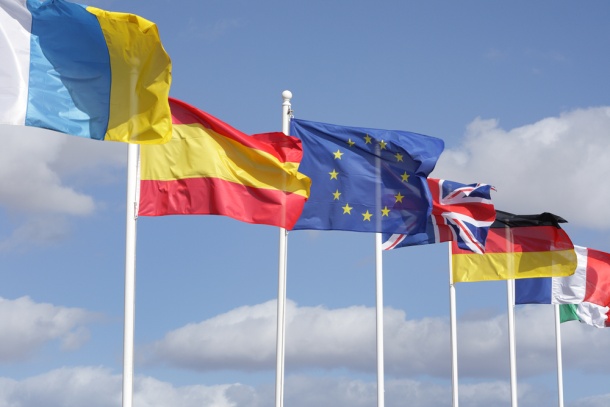Cut-price data roaming gets all-clear for July

New data-roaming legislation has been approved by EU countries' ministers of state, lowering the cost of using data services on a smartphone or tablet in Europe for at least 10 years.

The EU Council has given its formal approval to legislation that will lead to lower mobile data-roaming rates. Credit: Shutterstock
On Wednesday, the Council of the European Union formally approved the new regulations, which will be published on 30 June. The move, which follows the go-ahead from the European Parliament in May, means the last piece is in place for the introduction of caps on mobile data-roaming rates on 1 July. Limits are also coming in for the price for calls and SMS texts while travelling, but the fall in cost is less dramatic than for data.
"The structural measures introduced by this regulation aim to tackle the lack of competition and consumer choice which leads to high roaming prices," the Council said in a statement.
The approval follows a compromise deal struck between the European Commission, the European Parliament and the Council, in which they agreed to lower caps than those set out by regulators in their initial proposal in July 2011.
From July, the retail cost of data will fall from a maximum of 70 euro cents per MB now to 20 euro cents by 1 July 2014. The wholesale cost of data services will similarly decrease, from 25 euro cents to 5 euro cents by July 2014.
"In order to allow alternative operators to enter the roaming market, the regulation allows for a reasonable margin between the tariff ceilings for wholesale and retail prices," the Council noted.
Bengt Beier, co-ordinator of the Europeans for Fair Roaming campaign, welcomed the news but said there is more work to be done for harmonised communications within the EU.
"We are glad governments accepted the new regulation just as the Parliament did on May 10," Beier said. "The new rules are a step forward for consumer protection. But it will take another two years until we will know for sure whether prices will really drop."
The amended legislation also includes provisions to allow customers to decouple data services from their main mobile contract, so that they can sign up for cheaper offers but retain their normal phone number.
As is the case already, operators will still have to send warning messages to customers when their bill for internet use approaches €50 (£40).
Beier urged regulators to work on introducing measures in areas to do with calls and roaming outside the EU.
"The EU should now look towards two other nuisances for mobile users: the high prices for worldwide roaming, and international calls from home to other European states, because those things are not covered by the roaming regulation," he said.